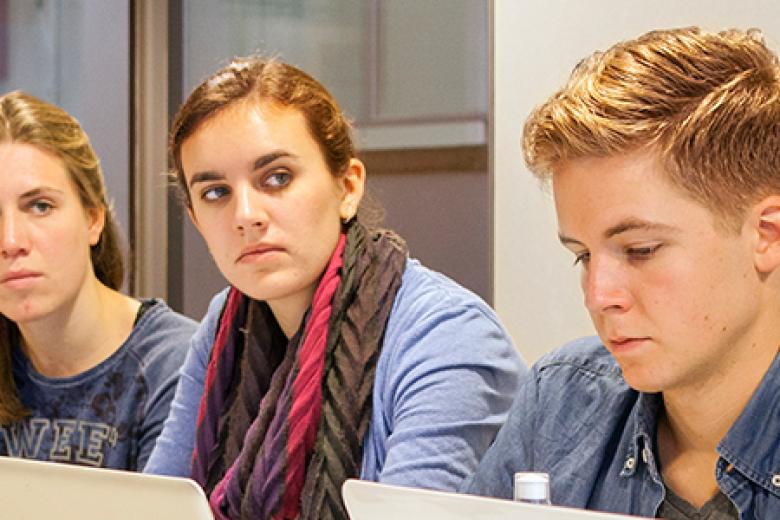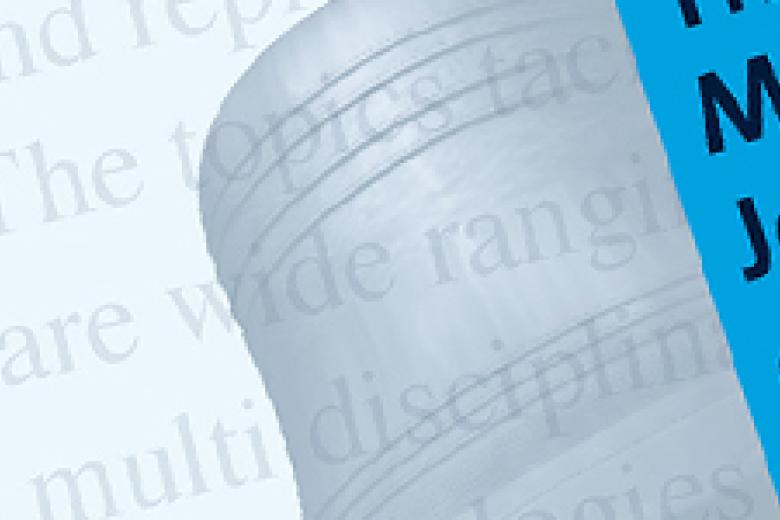Student research
As part of its curriculum, University College Maastricht offers a range of advanced-level projects and courses that are catered towards the integration and application of knowledge and skills and that focus on the development of crucial transferable skills and competencies. This is called Research-Based Learning (RBL).
MaRBLe
MaRBLe (Maastricht Research Based Learning) is a university-wide initiative that allows ambitious students to conduct their own independent academic research on a wide variety of topics under the guidance of a senior researcher at different faculties of the university.
The opportunity to take part in and to construct a MaRBLe project during my time at UCM has been an amazing experience. I got the chance to design and execute a research from start to finish in a positive and cooperative environment. This definitely improved my research abilities as well as that it gave me a great insight into what working in a research field looks like. I highly recommend taking the opportunity to conduct a MaRBLe project.
- Sophie Volz (UCM student)

Applied Research and Internship project (ARI)
The research in this module is practice-based and catered to the needs of the external client. In this project academic knowledge and skills are applied to a case presented by an external client (a company, a NGO or a governmental organisation). Students produce an academically-grounded, but practically useful, work-product that satisfies the needs of the client and UCM’s academic requirements.

Research studio
In this project students will set up a short-term, experimental group research in a team of participants from a variety of academic backgrounds, guided by two theater artists, and with input from a variety of artistic and academic researchers.
By connecting the domains of research in the arts and academia, the project introduces students to new and possibly unfamiliar ways of conducting research. The project invites to critically reflect on methods of doing research and acquiring and disseminating knowledge. The interdisciplinary way of working raises questions on how we know what we know and how to acquire and exchange knowledge in different (societal) contexts. Students are challenged to get out of their ‘comfort zone’ and see how they can adapt academic knowledge and skills to a different working environment, in this case a project that is partly done through art practice.
Questions that are raised include: What exactly are ‘research methods’ according to different researchers in the arts and (social) sciences? How do different researchers get to their research questions? What roles can a research question play? And what role(s) a theoretical framework? Or an art practice? And how can different approaches to formulating a research question, or working with methodology and theories influence the knowledge on a topic of study?
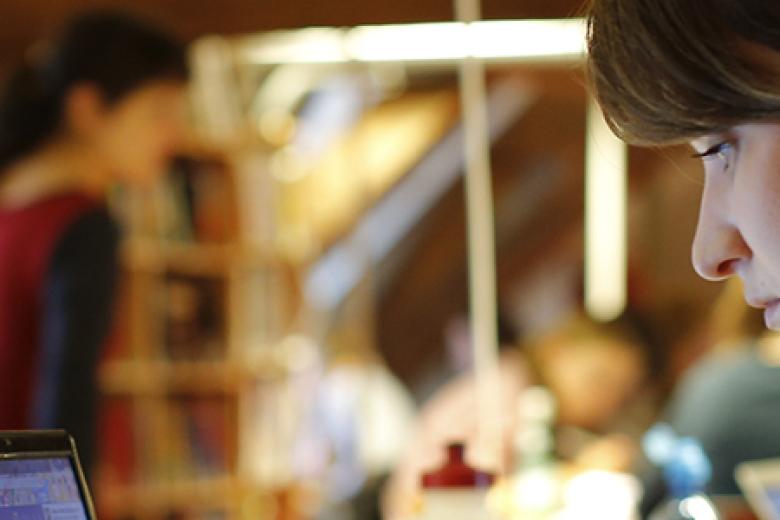
Ethnography and qualitative interviewing
Qualitative Research is an overarching term for a diverse range of approaches and methods within different research disciplines. Qualitative researchers essentially “study things in their natural settings, attempting to make sense of, or interpret, phenomena in terms of the meanings people bring to them” (Ritchie 2003: 3).
Ethnography is one form of qualitative research and means literally “writing culture” (Hesse-Biber 2006: 230). Often called “participant observation”, ethnography is based on the simple idea, that in order to understand what people are up to, it is best to observe them by interacting with them up close and personal within their everyday lives. Ethnographers provide detailed accounts of the everyday practices of a culture, subculture, organisation or group by “hanging out”, observing and recording the ongoing social life by taking fieldnotes and/or providing “thick descriptions” (Hesse-Biber 2006: 230).
During the sequence of three skills trainings students design and implement their own study, analyse the data collected, and report on their research findings. Students will learn about various research tools, such as participant observation and qualitative interviewing. Additionally, students will learn how to take fieldnotes and will be introduced to various forms of interviewing, such as the structured interview, the in-depth interview, focus groups and life history interviews. Taking fieldnotes and interviewing will be practiced in and outside of the classroom. Moreover, students will be guided through the process of crafting a feasible research question and the appropriate design for the study that they will pursue during the subsequent modules of the course. The research questions will provide the basis for students’ investigations. What is to be investigated is entirely up to the student(s). However they will be provided with guidance in the formulation of their topics.

ThinkTank
Students will be assigned to writing and presenting a (policy) recommendation that is partly based on the knowledge and expertise they have developed as a result of their educational program at UCM.
Students will form a ‘think tank’ and write and present an extensive and elaborate (policy) recommendation for a client, i.e. a company or organization. The coordinators of the project will offer a topic in advance.
The first week will focus on a problem analysis and an analysis of the knowledge and expertise of the members of the think tank. The second week will focus on doing research. The third week will deal with discussing and formulating solutions. During the final week students will present their report to an audience of experts.
Besides having meetings with their fellow students and a tutor, the group might meet with guest experts (either invited by the coordinators or by the students themselves) and undertake field trips in order to obtain the required information.
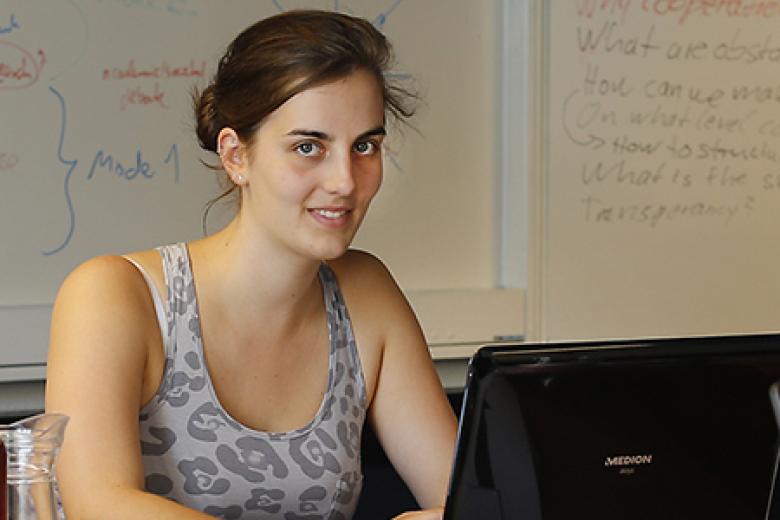
The Documentary
Students will be acquainted with the theoretical underpinnings of the medium documentary. Simultaneously, the groups will start to develop their research. Later in the documentary project, students will conduct their research through film, and attend workshops to teach them the skills necessary to do so. In the final period, students will edit their collected footage, thus finalising their documentary.
The Documentary project helped me discover the field of visual research. Creating a documentary ‘from scratch’ allowed me to develop technical skills and channel my creativity towards the effective use of film both as a research method and as a medium for conveying research results. What I enjoyed the most about the course is that it provides a platform for hands-on research. This allows for experimentation, but also gives you responsibility over the film-making process and the final product. In this way, we learned how to employ visual research in tackling more tangible aspects of the real world and share the end results with a broader audience, not exclusive to the academic community.
- Olga Bostan
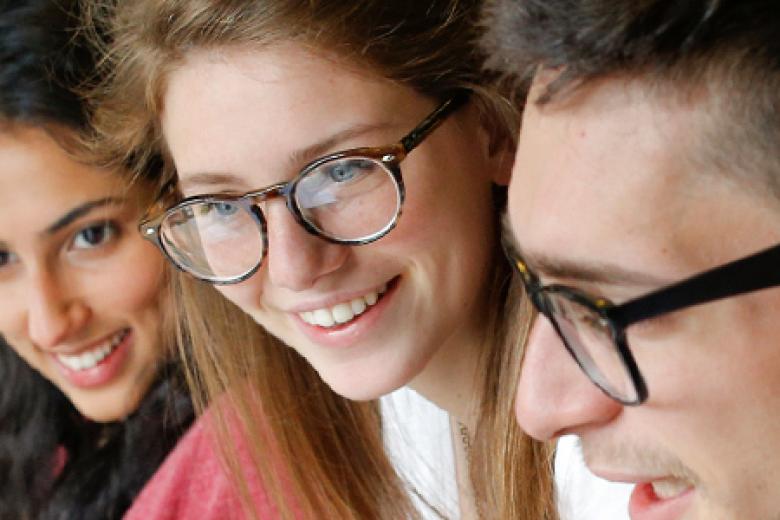
Capstone
Capstone is the culmination of a student’s academic work at UCM and is comparable in function to a bachelor's thesis. It is a full semester module for which students receive 10 ECTS. During the first weeks students will work on writing a proposal in which they formulate their individual goals and determine a topic and format. In addition, students will choose an advisor. The advisor provides the student with advice and guidance on the content of the capstone product.
For me, capstone was not only the last building block in my education but also the stepping stone for my future outside of academia because I was able to use my theoretical knowledge that I gained at UCM to analyse political processes in my home country.
- Felix Boxler (UCM alumnus)
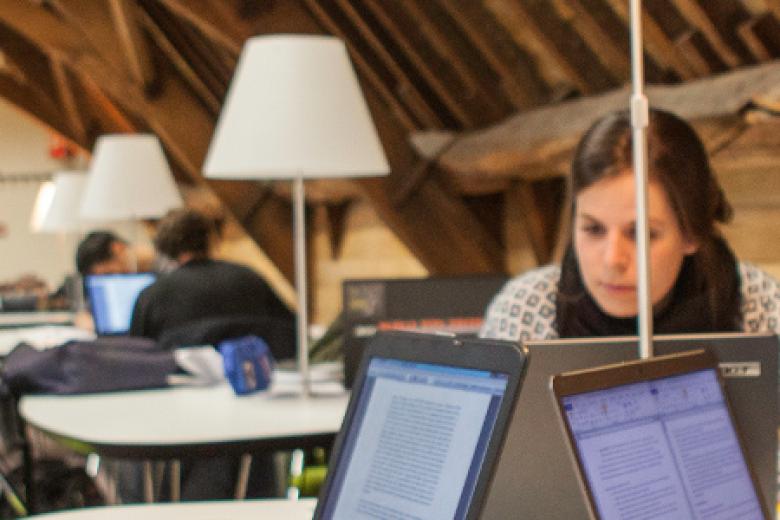
Science research project
Science Research Project: Neuropsychology
In the Neuropsychology Research Project students will form a small research group and join an ongoing research project in the Basic & Applied Neurodynamics (BAND) laboratory at the Department of Neuropsychology and Psychopharmacology. Work in the lab mainly focuses on temporal aspects of cognitive and motor behavior.
Science Research Project: Data Science
In the Data Science Research Project students will form a small research team and join an ongoing research project in the Institute of Data Science. The project will be driven by a research question to provide a solution to a domain-specific problem, which requires the application of Data Science methods. Your tasks will include all aspects of empirical research from the formulation of the research question, choosing and implementation of the right methodology, performing experiments, interpreting and analyzing results along with the scientific reporting of those results.
Science Research Project: Biomedical Engineering
In the Biomedical Engineering Research Project students will form a small research team and join an ongoing research project in the Institute for Technology-Inspired Regenerative Medicine (MERLN). The project will be driven by a research question to provide a solution to a domain-specific problem, which requires the methods at the interface of biology and engineering. Your tasks will include all aspects of empirical research from the formulation of the research question, choosing and implementation of the right methodology, performing experiments, interpreting and analyzing results along with the scientific reporting of those results.
